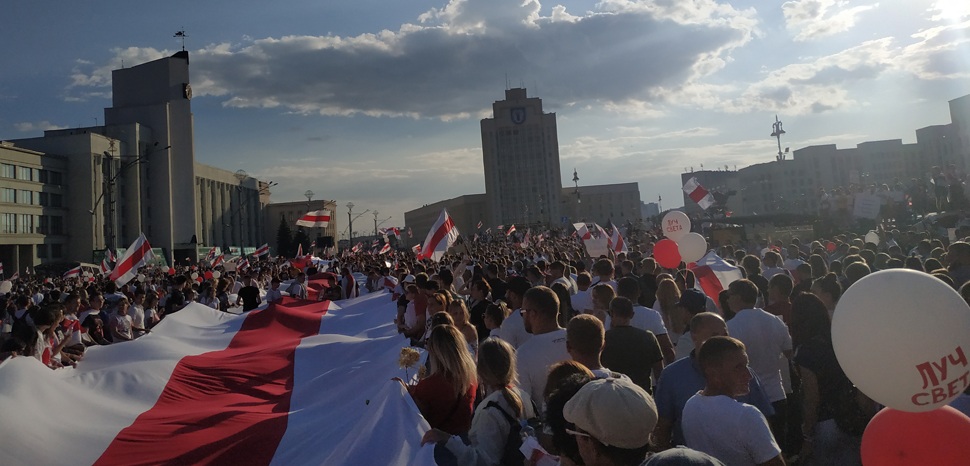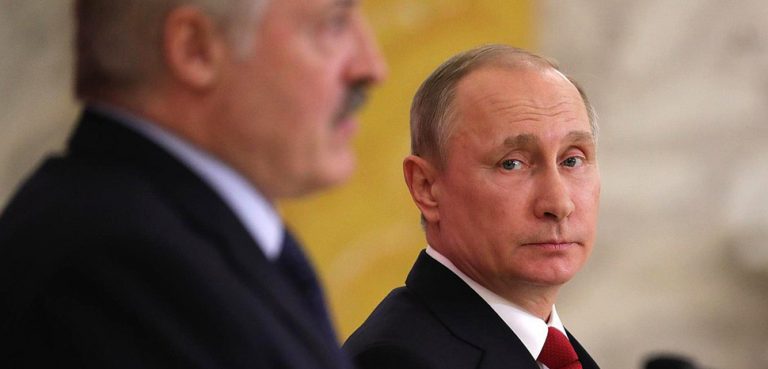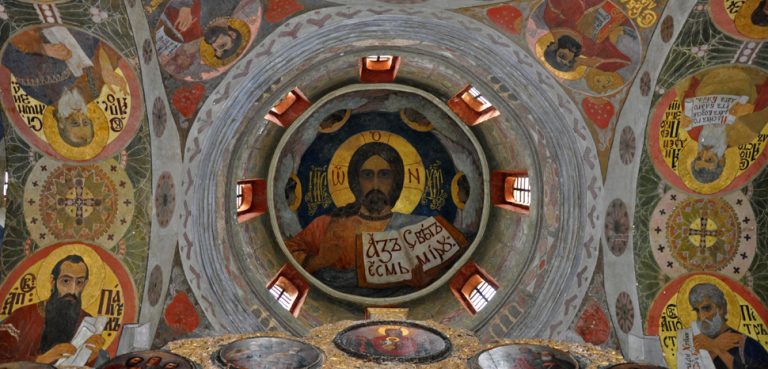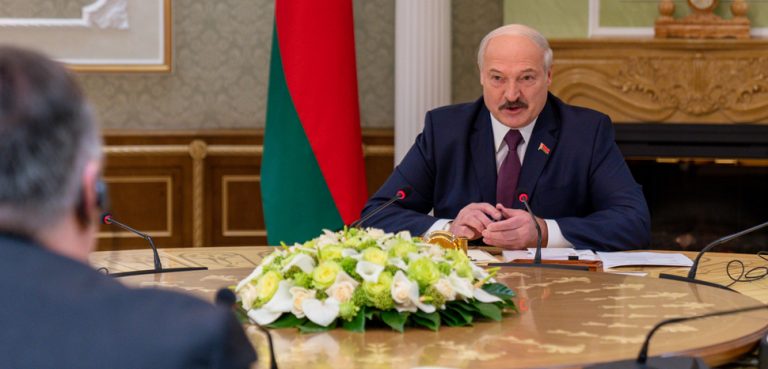Summary
Belarus has been shaken by widespread protests following a contested presidential election on 9th August, which marked the victory of incumbent President Viktor Lukashenko, who has ruled the country since 1994. According to the official tally, Lukashenko obtained more than 80% of votes. The opposition – headed by Svetlana Tikhanovskaya, who adopted a leadership role following the arrest of her husband Sergey Tikhanovsky – accuses the government of falsifying the election’s results. As demonstrations erupted all over the country, President Lukashenko responded with repression: The internet was almost shut down completely and police used tear gas and rubber bullets against protesters, sometimes resulting in casualties. More than 3,000 people have been detained in Minsk and 3,700 in other cities. Though 2,000 of these individuals were eventually released, many reported suffering violence at the hands of the authorities. Most opposition leaders were already abroad before the vote took place to guard against possible intimidation, and Mrs. Tikhanovskaya was forced to flee to Lithuania (where she is still based at the time of writing) after briefly being arrested in the election’s immediate aftermath.
This dramatic situation does not come as a surprise. It is the inevitable result of the political stasis, lack of basic freedoms, and pervasive corruption which have characterized Lukashenko’s long rule, combined with the central albeit unanswered question of who will succeed the 65-year-old autocrat. These factors have fueled a desire for change within large portions of Belarusian society, but the ongoing election dispute also has notable geopolitical implications. Belarus is a pivot between the West and Russia, which regards the country as falling under its exclusive sphere of influence. The Kremlin has strategic interests at stake in Belarus, and will not let it slide westwards towards the EU and NATO.




